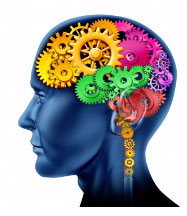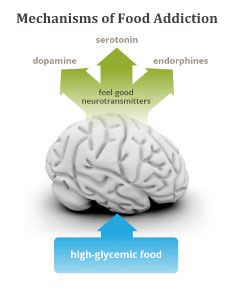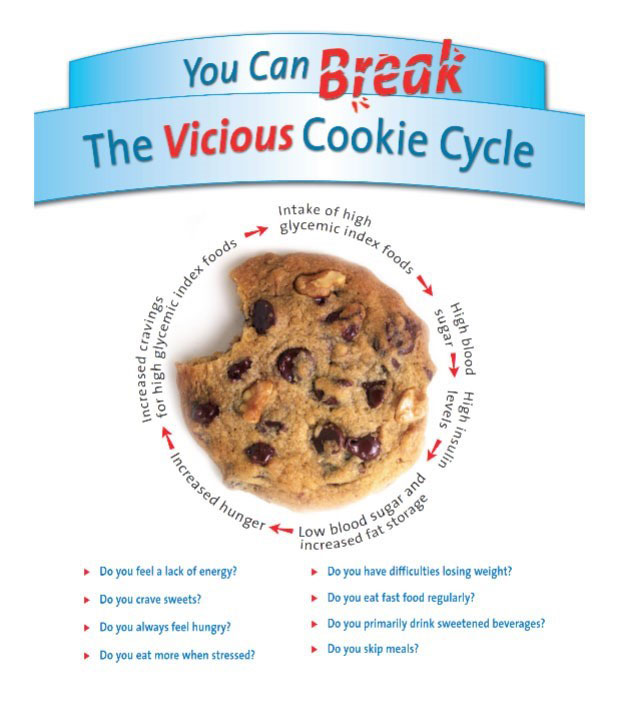Food Addiction Treatment:
Behavioral Nutrition specializes in the treatment of Food Addiction, Binge- Eating and Compulsive Over-Eating.
Our outpatient programs combine effective research-based Behavioral Therapy and Medical Nutrition Counseling that allow patients to continue with their daily life responsibilities while seeking personalized treatment.

Common Symptoms of Food Addiction
- Cravings for certain foods, despite feeling full and having just finished a nutritious meal.
- Eating much more than intended.
- Eating to the point of feeling excessively “stuffed”.
- Feelings of guilt after eating particular foods, yet eating them again soon after.
- Making excuses about why one should eat something they are craving.
- Multiple attempts at quitting eating or setting rules (includes cheat meals/days) about certain foods.
- Hiding consumption of unhealthy foods from others.
- Inability to control consumption of unhealthy foods, despite knowing that they are causing physical harm (including weight gain).
What is Food Addiction?
Evidence suggests that food addiction is in fact a disease which causes loss of control over the ability to stop eating certain foods. Food addiction can be described as a cluster of chemical dependencies on specific foods or food in general; after the ingestion of highly palatable foods such as those high in sugar, excess fat and/or salt, individuals can develop physical cravings for these foods. The neurochemical effect of processed foods makes these man-made foods more likely to illicit behavioral changes in food choices connected to the reward systems these foods influence.
Addiction is defined as a chronic, relapsing brain disease characterized by compulsive addictive substance seeking and use, despite harmful consequences. Addiction is considered a brain disease because addictive substances change the brain’s response to the addictive substance. These brain changes can be long lasting and can lead to many self-destructive and harmful behaviors. One could argue that the definition of addiction and cravings by those who struggle with an addiction to processed foods is similar in the addiction-like behavioral patterns around getting the “fix”. When we are “addicted” to anything, our bodies and brains can become programmed to use that substance/ food/ behavior to temporarily relieve anxiety, irritability, depression by producing excitability and rewarding feelings. The longer we use the substance, the more likely it is that we will need an increased amount/ frequency to create the same desired mood-altering effect.
Mechanisms of Food Addiction
Consuming certain foods, such as high-glycemic foods, causes a release of natural opiates (neurotransmitters: dopamine, serotonin, endorphins) that make us ‘feel good’. These neurotransmitters are also released with the use of nicotine, alcohol, cocaine and heroin. It appears to involve the same areas in the brain, the same neurotransmitters and many of the symptoms are identical. The most commonly addictive foods are sugar, flour, excess fat, caffeine, and alcohol. Wheat, salt, artificial sweeteners and other food substances might also act as triggers.

Treatment
Given evidence that some individuals become chemically dependent on highly processed food, effective behavioral and nutritional treatments are useful in the recovery of food addiction related behaviors. Further research on the relationship between food addiction and eating disorders such as binge eating, bulimia, and compulsive overeating are warranted.

